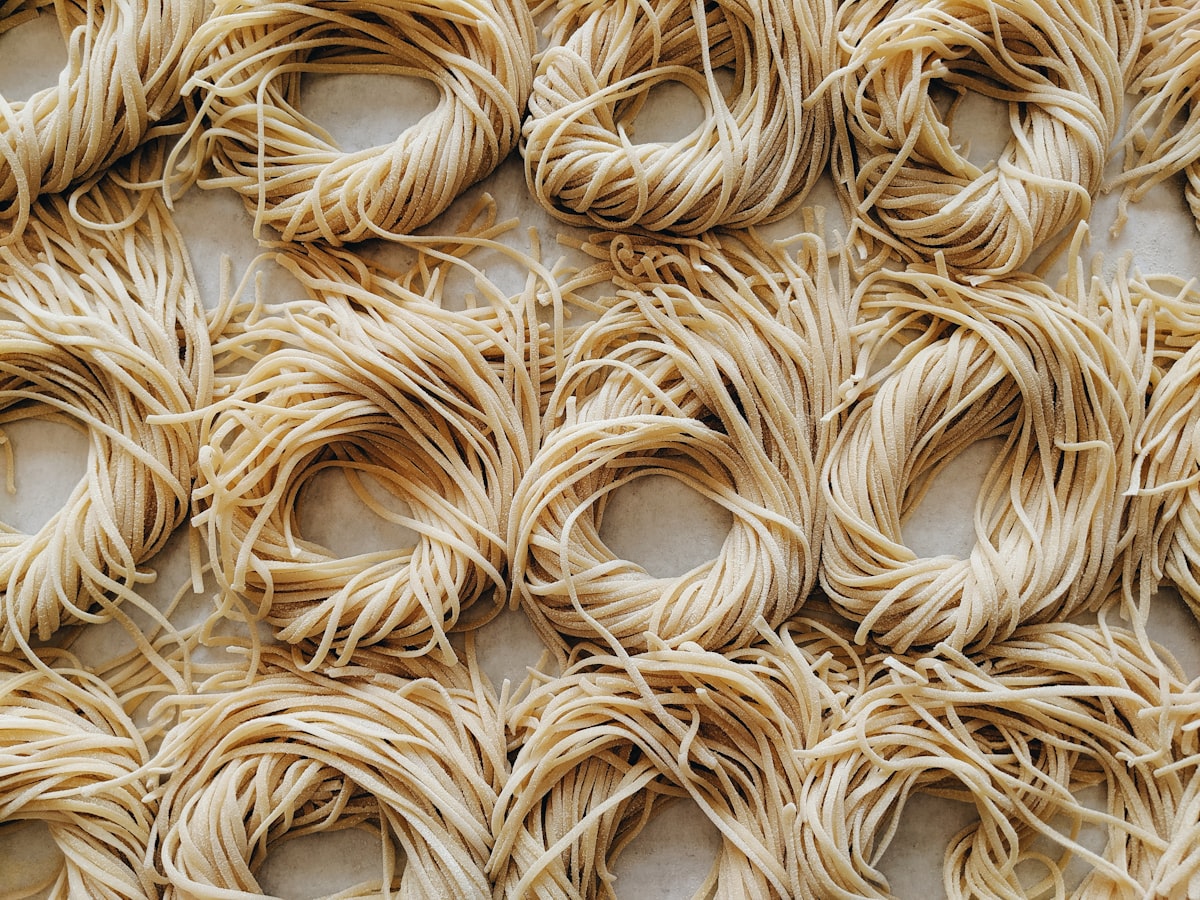The paradox of cooking Italian food abroad

If you go to any Italian restaurant outside of Italy, there is a very high chance that most of the ingredients you are going to be consuming there will be of Italian origin, from the San Marzano tomatoes to the mozzarella di bufala from Campania and maybe even the flour. This may not come as much of a surprise, as culinary traditions are defined by ingredients and techniques, but let's not forget the important role that culture and philosophy have. It is this philosophy that makes cooking Italian food outside of Italy slightly paradoxical.
It starts with ingredients. These are at the foundation of any cuisine, but Italians rely on their quality a lot more than most countries. This isn't to say that other cultures don't also care about that the produce they cook with be of the highest standard, but recipes from Italy tend to not have a huge amount of main ingredients, which means there isn't much room for worse quality elements to hide. If a simple tomato sauce you are making uses bad tomatoes that are not in season, then your sauce will be bland.
This brings us to the importance of regionality because for the most part, you will see Italian recipes use produce that is grown or bred in the same region. This is why recipes from Lazio use a lot of pecorino romano (a sheep's milk cheese), Calabrian's will tend to have more heat due to the presence of chilis and risotti are more common in the North, where rice is mainly grown. Closer proximity to where the ingredients are from means that it is easier to control the quality because the relationship will be a lot more direct.
This is where the paradox comes in, because if using local fresh ingredients is so important to Italian food, then are you really sticking to that philosophy if you use imported produce when outside of the country?
To some extent, the best way to cook Italian is arguably to not cook Italian, as in to source the best vegetables, meats and cheeses from your local area and cook them simply. This will do the job of staying true to the underlying ideas of this cuisine, but will sometimes fail to "look like" Italian food. Because to not import anything would mean no parmigiano, mortadella, prosciutto di parma, balsamic vinegar, San Marzano tomatoes... This means that many iconic dishes aren't easily replicable, and if you are eating out at an Italian restaurant, you would expect these ingredients to be present on the menu.
But does all of this even matter? In my mind, expecting to eat a completely authentic dish outside of its country of origin is kind of missing the point, because the place where you eat something is sometimes as important as the food itself. As soon as you come to terms with the fact that what you are eating is an interpretation of an Italian dish, and forget about trying to be authentic, then there really isn't a paradox after all.
